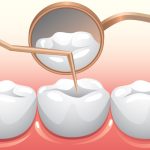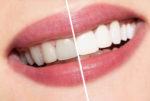Teeth Whitening: The Top Foods and Drinks to Avoid After Treatment

Teeth whitening has become a popular cosmetic treatment in recent years. With the rise of social media and the increasing emphasis on physical appearance, people are more conscious of the color of their teeth than ever before. While teeth whitening can be an effective way to brighten your smile, it’s important to be aware of the foods and drinks you consume after treatment. Certain foods and drinks can stain your teeth, undoing the effects of your whitening treatment and leaving you with a less-than-perfect smile. If you’ve recently undergone a teeth whitening treatment, it’s important to be mindful of what you eat and drink in the days following your procedure. While it’s tempting to indulge in your favorite foods and beverages, doing so could sabotage your results and leave you feeling disappointed. By avoiding certain foods and drinks, you can help ensure that your teeth stay bright and white for as long as possible. In this article, we’ll take a look at some of the top foods and drinks to avoid after teeth whitening treatment, so you can maintain your stunning smile.
Teeth whitening treatment is a cosmetic dental procedure that involves removing stains and discoloration from the teeth to enhance their appearance. The treatment is typically performed using a bleaching agent, which breaks down the molecules that cause discoloration on the teeth. The bleaching agent is applied to the teeth either in-office or at home using a custom-fitted tray. While the treatment is generally safe and effective, it is important to note that certain foods and drinks can stain the teeth, undoing the results of the whitening treatment. Therefore, it is recommended to avoid consuming foods and drinks that are highly pigmented, acidic, or contain tannins, such as coffee, red wine, tea, and berries, after undergoing teeth whitening treatment.
After undergoing teeth whitening treatment, posttreatment care is of utmost importance to maintain the whiteness of your teeth. The top foods and drinks that stain teeth need to be avoided as much as possible to keep the teeth white for a longer period. These foods and drinks include coffee, tea, red wine, soda, and dark-colored fruits and vegetables. Proper oral hygiene, such as brushing and flossing regularly, can also help to keep the teeth clean and white. Neglecting posttreatment care can result in a shorter lifespan of the teeth whitening treatment and can lead to discoloration and staining of the teeth. Therefore, it’s crucial to be mindful of what you eat and drink and to take care of your teeth to maintain their whiteness.
Foods to Avoid
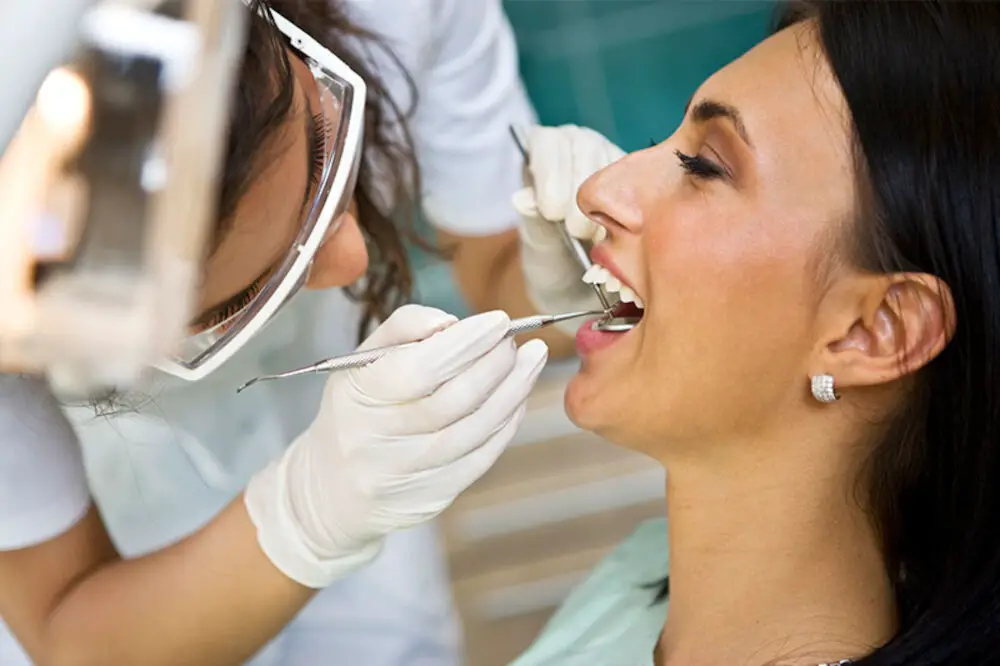
After undergoing teeth whitening treatment, it is essential to take care of your teeth and avoid certain foods and drinks that can stain or discolor your teeth. The first food to avoid is coffee. Coffee is a popular beverage that many people consume daily, but it is also notorious for staining teeth. The dark pigments in coffee can easily seep into the porous enamel of your teeth and leave behind unsightly brown stains. If you cannot give up coffee completely, it is best to drink it through a straw to minimize contact with your teeth and rinse your mouth with water afterward. Another food to avoid after teeth whitening treatment is red wine. Red wine is another popular beverage that many people enjoy, but it is also high in tannins and chromogens that can stain your teeth. The dark color of red wine can penetrate the enamel of your teeth and leave behind a deep, dark stain that is difficult to remove. If you must drink red wine, it is best to rinse your mouth with water afterward and brush your teeth as soon as possible to remove any stains that may have formed. By avoiding coffee and red wine after teeth whitening treatment, you can help maintain your bright, white smile and keep your teeth looking their best.
Certain food types have the potential to discolor or stain teeth, which can be concerning for those who have recently undergone teeth whitening treatment. Dark-colored beverages such as red wine, coffee, and tea are notorious culprits due to their high pigment content. Other drinks that can cause staining include soda, sports drinks, and fruit juices. Foods that are highly acidic, such as citrus fruits and tomatoes, can also contribute to tooth discoloration by eroding the enamel, which exposes the underlying dentin layer. Additionally, dark sauces and condiments like soy sauce, balsamic vinegar, and tomato sauce can leave a lasting mark on teeth. It is important to be mindful of these food and drink choices and limit their consumption to maintain a bright, white smile.
After undergoing a teeth whitening treatment, it’s important to avoid certain foods and drinks to maintain the results and prevent staining. Dark-colored beverages such as coffee, tea, red wine, and cola should be avoided as they contain chromogens that can penetrate teeth enamel and cause discoloration. Acidic drinks like citrus juices and sports drinks can also erode tooth enamel and make teeth more susceptible to staining. Foods high in sugar and carbohydrates, such as candy and baked goods, should be limited as they can stick to teeth and feed bacteria that produce acid. Additionally, deeply pigmented foods like soy sauce, tomato sauce, and berries should be consumed in moderation to prevent staining. By avoiding these specific foods and drinks, you can extend the life of your teeth whitening treatment and keep your smile bright and healthy.
Drinks to Avoid

After undergoing teeth whitening treatment, it is important to avoid certain drinks that can cause discoloration and damage to your teeth. One of the top drinks to avoid is coffee. Coffee contains dark pigments that can easily stain your teeth, especially if consumed regularly. Additionally, coffee is highly acidic, which can weaken tooth enamel and make your teeth more susceptible to staining and decay. If you can’t resist your daily cup of coffee, consider drinking it through a straw to minimize contact with your teeth, or try switching to a lighter roast to reduce the amount of pigments in your beverage. Another drink to avoid after teeth whitening is red wine. Red wine contains tannins, which are compounds that can cause staining and discoloration of your teeth. Furthermore, red wine is acidic, which can also weaken tooth enamel and make your teeth more vulnerable to damage. If you do choose to drink red wine, it is best to do so in moderation and follow up with a glass of water to help rinse away any pigments or acids that may have accumulated on your teeth. By avoiding these drinks, you can help maintain the brightness and health of your teeth after undergoing teeth whitening treatment.
There are various drink types that can stain teeth and affect the appearance of a person’s smile, even after teeth whitening treatments. Dark-colored drinks like coffee, tea, and red wine contain chromogens, which are pigmented compounds that can attach to the enamel of teeth and cause discoloration. Acidic drinks like citrus juices, energy drinks, and sports drinks can also harm teeth by eroding the enamel, which can make teeth more susceptible to staining. Moreover, sugary drinks like soda and fruit juices can lead to tooth decay and discoloration due to their high sugar content. Thus, it is essential to avoid or limit the intake of these drinks to maintain a bright white smile.
After a teeth whitening treatment, it is important to be mindful of the beverages you consume in order to maintain your newly brightened smile. Some drinks can stain and discolor your teeth, negating the effects of your whitening treatment. Dark-colored beverages like coffee, tea, and red wine are some of the main culprits, as they contain chromogens that can stick to your enamel. Acidic drinks like soda and citrus juices can also cause tooth discoloration, as they erode the enamel and make it more susceptible to staining. Additionally, sugary drinks like sports drinks and energy drinks can lead to tooth decay and cavities, which can also affect the appearance of your smile. In order to keep your teeth looking their best after a whitening treatment, it is best to avoid these specific beverages and opt for water or milk instead.
Alternatives to Consider
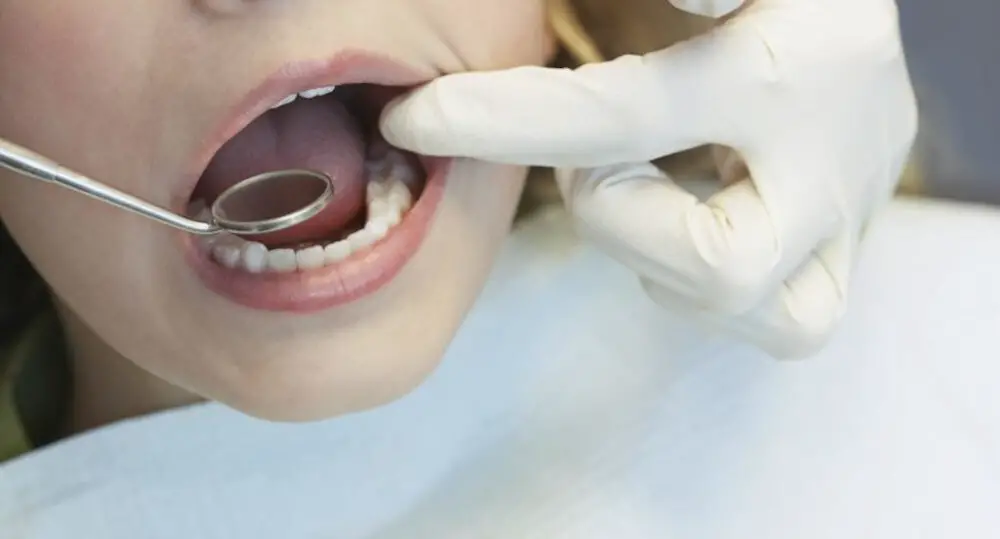
When it comes to teeth whitening, there are various alternatives to consider that can help maintain the brightness and whiteness of your teeth. One of the most popular options is to use natural remedies such as baking soda or activated charcoal. These remedies are effective in removing stains and have been shown to be safe for teeth enamel. Additionally, there are several teeth whitening products available on the market that are gentle on the teeth and provide long-lasting results. These products are typically formulated with natural ingredients and have been tested to ensure they are safe for use. Another alternative to consider is to adjust your diet to include more teeth-friendly foods. Foods such as apples, carrots, and celery can help clean your teeth and prevent staining. Additionally, foods that are high in calcium, such as cheese and yogurt, can help strengthen your teeth and protect against tooth decay. Avoiding foods and drinks that are known to cause staining, such as coffee, tea, and red wine, can also help maintain a whiter smile. Ultimately, incorporating these alternatives into your routine can help prolong the results of your teeth whitening treatment and keep your smile looking bright and healthy.
After teeth whitening treatment, it is essential to avoid foods and drinks that can stain or damage the teeth. However, there are still plenty of safe options to choose from. You can enjoy plain water or herbal teas such as chamomile, peppermint, and ginger. Dairy products like milk and cheese are also good choices as they are high in calcium and can help to strengthen teeth. Fruits such as strawberries, bananas, and apples are safe to consume as they are low in acidity and do not stain teeth. Additionally, lean proteins like chicken, fish, and tofu are excellent sources of nutrition without posing any risk to your recently whitened teeth. By following these guidelines, you can maintain a bright and healthy smile for longer.
After a teeth whitening treatment, it is important to avoid certain foods and drinks in order to maintain the results. Some specific alternatives to consider include drinking water instead of coffee or tea, as these beverages can stain teeth. Additionally, choosing crunchy fruits and vegetables like apples and celery can help scrub away surface stains while also providing essential nutrients. For those who crave something sweet, sugar-free gum or dark chocolate with a high percentage of cocoa can be a better option than sugary treats that can harm tooth enamel. By making smart choices and avoiding certain foods and drinks, individuals can enjoy a brighter, healthier smile for longer.
Additional Tips for PostTreatment Care
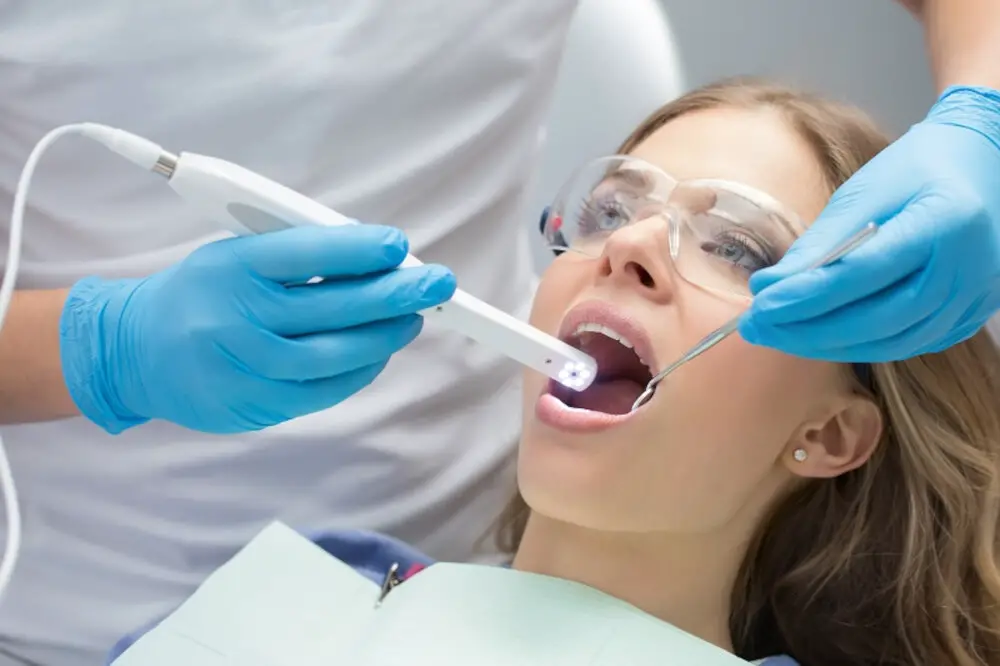
Achieving whiter teeth after treatment is always an exciting moment, but it is important to remember that maintaining the results requires proper post-treatment care. Here are some additional tips to keep in mind to ensure the longevity of your pearly whites. Firstly, avoid consuming dark-colored or acidic foods and beverages such as coffee, tea, red wine, and citrus fruits that can stain or erode the enamel. Instead, opt for lighter-colored foods and drinks such as water, milk, and fruits like bananas and strawberries that are known to help whiten teeth naturally. Secondly, make sure to maintain a good oral hygiene routine, including brushing and flossing regularly and using mouthwash daily. This will not only help to keep your teeth clean and healthy, but it will also prevent any buildup of plaque or bacteria that can cause discoloration or tooth decay. Additionally, consider using a whitening toothpaste or whitening strips as a supplementary treatment to help maintain the brightness of your teeth. By following these simple tips, you can help to prolong the effects of your teeth whitening treatment and keep your smile looking radiant.
In addition to avoiding certain foods and drinks after teeth whitening treatment, there are other daily habits that can help maintain white teeth. Regular brushing and flossing are essential for removing surface stains and preventing the buildup of plaque and tartar. Additionally, using a whitening toothpaste and mouthwash can help keep teeth bright and shiny. Chewing sugar-free gum after meals can also promote saliva production, which naturally cleanses the mouth and washes away food particles. Finally, scheduling regular dental cleanings and checkups can help catch any potential issues early on and keep teeth healthy and white. By adopting these habits, individuals can prolong the effects of teeth whitening treatment and maintain a bright, healthy smile.
Maintaining optimal dental health is essential not only for a bright smile but also for overall well-being. Brushing twice a day with fluoride toothpaste, flossing daily, and using mouthwash can go a long way in preventing cavities and gum disease. Limiting sugary and acidic foods and drinks and choosing water instead can help prevent tooth decay and erosion. Regular dental check-ups and cleanings can also help catch any potential issues before they become more serious. Finally, quitting smoking and using tobacco products can not only improve dental health but also reduce the risk of oral cancer. Taking these steps can help ensure a healthy and beautiful smile for years to come.
Posttreatment care is crucial for maintaining the results of teeth whitening treatment. After undergoing a teeth whitening procedure, it is essential to be cautious about the foods and drinks we consume as some can cause staining and discoloration of teeth. Avoiding dark-colored beverages like coffee, tea, red wine, and soda, as well as acidic and sugary foods, can help preserve the whiteness of teeth. Proper oral hygiene, including brushing twice a day and flossing daily, is also essential. Neglecting posttreatment care can lead to a reversal of the whitening effects, causing disappointment and a waste of money spent on the treatment. Therefore, it is crucial to follow the recommended guidelines to ensure the longevity of the results and a brighter, healthier smile.
In conclusion, maintaining white teeth requires a combination of good oral hygiene practices and a healthy diet. It’s important to avoid foods and drinks that can stain teeth, such as coffee, tea, red wine, and dark-colored sodas. Brushing twice a day with a fluoride toothpaste, flossing daily, and using mouthwash can also help keep teeth white and healthy. Additionally, regular dental check-ups and professional cleanings are key to maintaining oral health and preventing staining and discoloration. By following these recommendations, you can enjoy a brighter, healthier smile for years to come.
Conclusion

In conclusion, teeth whitening is a popular cosmetic procedure that can help improve the appearance of your smile. However, it is important to be mindful of the foods and drinks you consume after treatment in order to maximize the effects and avoid staining. Dark-colored beverages such as coffee, tea, and red wine should be consumed in moderation, while acidic foods and sugary drinks should be avoided altogether. By making these simple adjustments to your diet, you can maintain a bright and beautiful smile that will leave a lasting impression. So, take care of your pearly whites and enjoy a dazzling smile for years to come!


